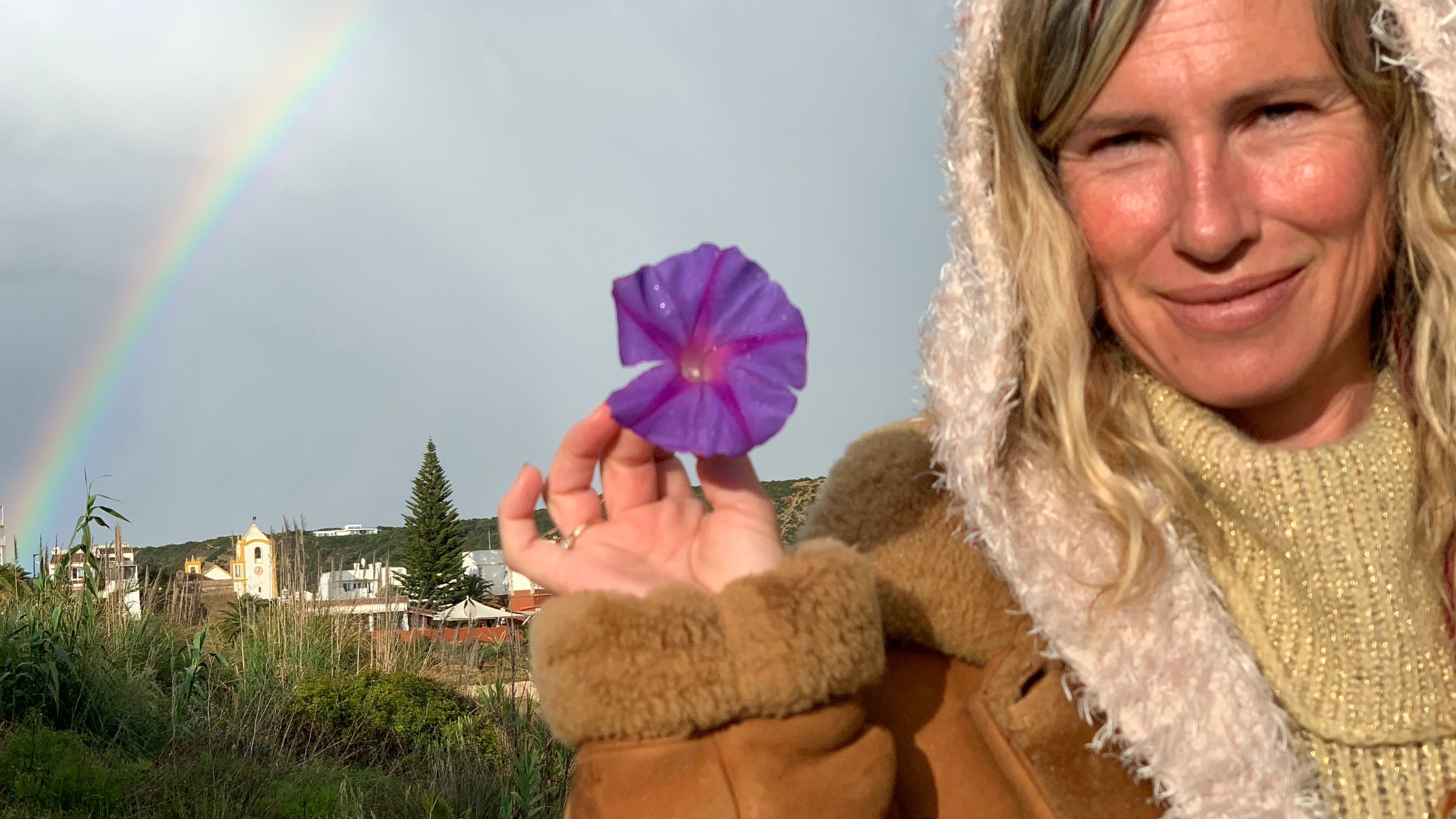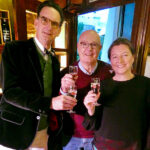An American in the Algarve
I was going to start with rainbows. Never have I seen so many in one place. Vivid rainbows, double rainbows, mystical rainbows, seaside rainbows and – most impressive of all – rainbows of fog, like frothed milk in the sky. I saw one in Burgau. Rooted to the sand of that sheltered beach, I stood with my mouth agape as a gigantic fuzzy arc the colour of a ghost appeared over the shoreline. Everyone on the beach was transfixed. No one could look at anything else. It was simply surreal. It turns out they’re called ‘fogbows.’
But then I decided that rainbows – even foggy white ones – fall under the category of known reasons for picking up your entire life and moving to the Algarve. Most people have heard about the stunning nature here, the awe-inspiring coastlines, the year-round sun, the slow-paced, friendly locals, the financial advantages, the world-class golf resorts, the something for everyone yoga classes, and the gnarly waves.
What people hear less about is the downside of life as an ex-pat. Fogbows are no guarantee that life will be a bed of roses. There are some major disadvantages to being a newbie.
For instance, when you have a car accident you suddenly realise you don’t actually know what to do. Fighting off a panic attack, you try to stay calm. What’s the protocol? Do you take pictures and then move the cars? How does it work? When you do find the number for the GNR, they show up lentamente with a swagger speaking solely Portuguese. Rightly so. But still. Google translate doesn’t cut it. They scold you for not putting out a hazard triangle and fine you 250€ No mercy for the ex-pat.
It’s an even harder experience to need an emergency room for carbon monoxide poisoning (accidental) and not know where to go. Once you find it, you realise you can’t actually speak to the nurse like an adult to explain what happened.
It makes no difference how pretty the beaches are when you don’t know how to deal with the big curve balls life sometimes throws your way. These moments illuminate your vulnerability, your incapacity to communicate, your helplessness. At these times, you miss the known, the familiar, the mundane. You feel a sudden longing for your own language, your own culture, your own family. Saudade goes from being just a word to a searing pain that splits your chest open like an axe.

Still. These challenges make you stronger. You get through it. You pay the fine. You manage to explain that you were stupid enough to use a gas heater without enough ventilation. You learn some new words. Monóxido de carbono. Emergência.
You figure it out. You put your triangle hazard in a visible place. You pick yourself up and you realise that you’re stronger than you think. You can do things you didn’t know you could do.
The difficulties of being an ex-pat have a silver lining. On days when my heart feels like it’s gone through a paper shredder, I go back to what is. I identify with that ephemeral rainbow of fog– I’m like this sudden apparition of Algarvian fluff too.
I’m also ephemeral. This, I remind myself, is about being human. Nowhere is perfect. When I feel like giving up and going back home, I remember neve and arco-iris. There is so much left to learn. But today I’m grateful that I can call the police without looking up the number and I’ve already found the closest emergency room.
Meredith Price Levitt is a freelance writer, an American ex-pat who identifies as a hybrid. After 20 years in Tel Aviv, she moved to the Algarve in December of 2019. Just in time for a global pandemic. You can contact her at meredithmprice@gmail.com













